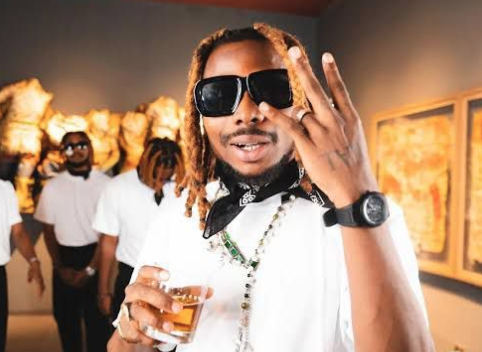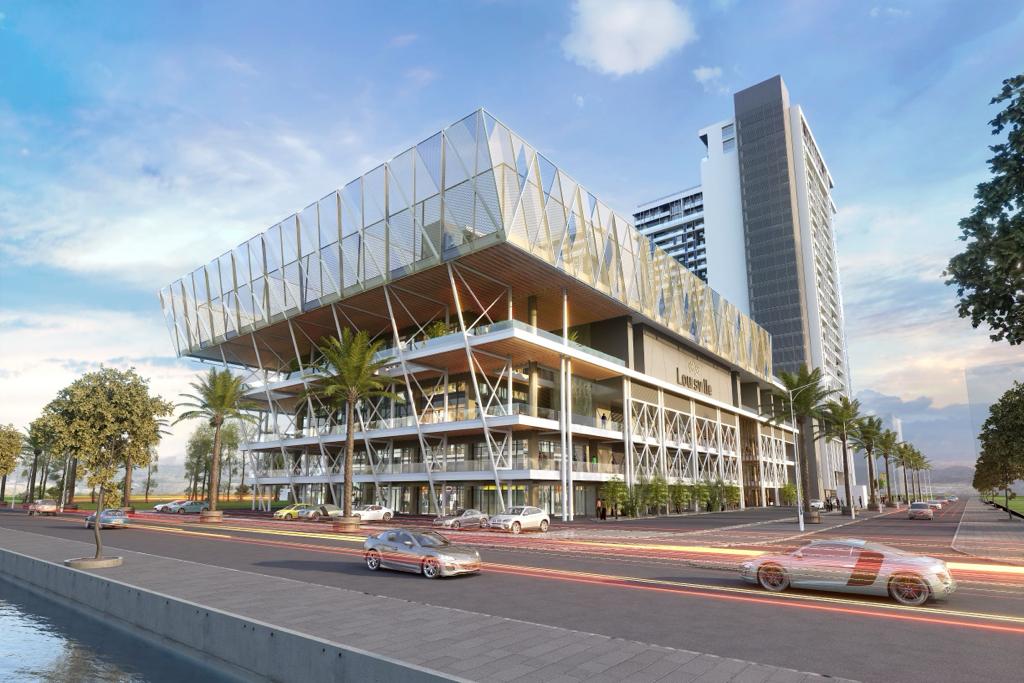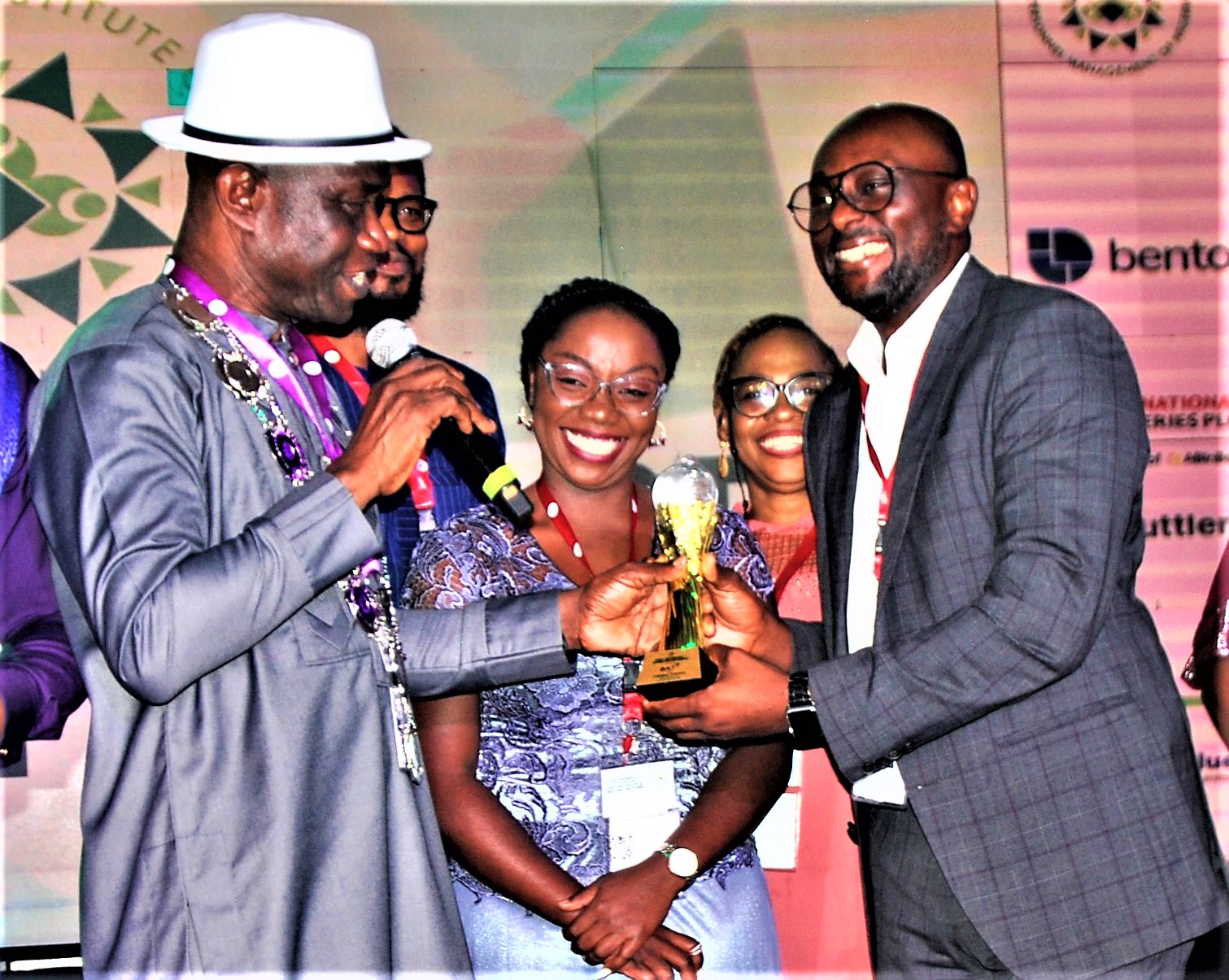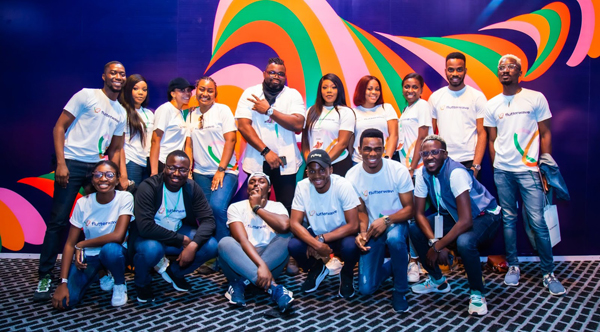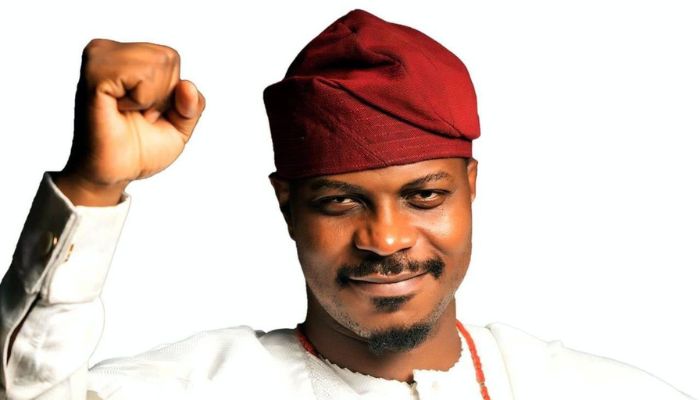Background: On Friday, November 18, 2022, Flytime Promotions announced the 2022 edition of Flytime Fest. The four-day celebration of Afrobeats is meant to happen between Wednesday, December 21, 2022 and Saturday, December 24, 2022 at Eko Convention Centre, Lagos.
Each day has a headliner and headlining the December 22 show is Nigeria’s hottest artist of 2022, Asake.
Why this story matters: A few months earlier, the Asake wave saw his debut album, Mr. Money With The Vibe displaced albums by global superstars, Harry Styles, Beyonce and Bad Bunny, to debut at No. 1 on the Apple Music album chart in the UK. Two weeks ago, Chart Data reported that the album had sold 100,000 copies in the US.
Since the turn of the year, many have rightly questioned if Asake’s ‘blow year’ has been the greatest run that Nigerian music has seen since 1999. In between all of those accolades, he sold out three shows at Indigo at the O2, then announced his intention to perform at a bigger venue.
When an artist and their music create such fever-high levels of excitement and anticipation, their Detty December show in Lagos comes with even greater excitement and anticipation. Thus, when Flytime announced, people took a look and the first thing they noticed was the ticket pricing.
Ticket pricing details from Flytime Fest 2022: The ticket is divided into different zones with Zone A costing 10 million naira. Zone B and C go for 8 million naira, Zone D sells for 4 million naira, while Zone E and F sell for 3 million naira. The VIP ticket costs 70,000. To clarify, the VIP tickets are not standing tickets. They are sitting tickets, directly in front of the stage.
In the past: Most of the Nigerian shows used to have three cadres: Regular, VIP, VVIP/Table. Regular would stand, VIP had seats while VVIP had tables and the privilege of food and drinks. But around the pandemic, everything changed. As music industry money dried up, Nigerian music went global, and Detty December didn’t happen.
The next year, show promoters could only sell 55% of the tickets they would normally sell due to COVID restrictions. It was the first death of the regular ticket tier. It was also the first time we saw the impact of the global success of Afrobeats on Nigerian concerts. Especially in terms of ticket pricing. The first artist to get the brunt of steep ticket pricing was Tems in December 2021.
A lot of Nigerians didn’t realize that Tems or any other artist doesn’t throw the shows or determine ticket pricing. Show promoters do, and that is due to a lot of factors.
The art of throwing a Detty December show in Lagos: In Nigeria, show promotion is a fool’s errand. It is capital intensive, unpredictable and heart-wrenching. A show promoter is about as certain of generating revenue, as we are that a Drake album will debut with less than 300k first week sales.
“I wouldn’t wish it on anybody,” says a Nigerian show promoter. “But we have to do it, because it has become a part of our zeitgeist. Not doing it will be risking underdevelopment of our entertainment prospects. You see the projections from the KPMGs of this world, about the prospects of Nigerian entertainment. I mean, look at how Ghana has branded theirs. We are talking about the negative impact on tourism, GDP, perception and culture.”
Planning for a typical show begins one to three months after the last show is done. It is a little like planning BBNaija events over a spurt of four-to-seven days. They envision their concept, raise funds through reputation and credibility, wait till the middle of the year to pinpoint desired acts for the concept and then start to seek those artists, sponsors and partners.
Companies like Flytime and Livespot – the two biggest and most recognized event promoters in Lagos – are known for big venues over a number of December days. So you can imagine the work that goes into those types of festivals.
Determinants of ticket pricing: The steepness of ticket prices is determined by the following;
- Influence of global standards and status of the artist: As Nigerian artists continue to grow and as Nigerian music gains more credibility, touring has become a major source of revenue. In fact, the demand for global tour dates by Nigerian artists is higher than the demand for Nigerian albums in the first week. Nigerian artists like Burna Boy – especially – and Wizkid now perform arena shows like it’s nothing. Wizkid has mostly done arena shows in the UK and some parts of the US, but Burna Boy has developed a reputation as an elite performer who does arena shows everywhere. Thus he can sell out 20k capacity venues in two major American cities in back-to-back nights, even if Love, Damini only moved 25k in its first week. Thus, this ability and reputation has elevated Nigerian artists’ performance fees into global standards. A source tells Motolani Alake that Burna Boy commanded a hefty sum of $500,000 for his celebrated homecoming appearance at the DSTV Food and Drinks Festival, Johannesburg, in September 2022, and some sources say that was even a discounted price. Another source tells Alake that Wizkid and Burna Boy can command between $700,000 and $1,000,000 for a show these days. And a show promoter still has to satisfy their technical/hospitality rider or there will be no show.
“A lot of people say that Nigerian artists are overcharging, but I think they just finally know their worth,” says a Nigerian promoter. “This is the price of advancement and the global acceptance of our music.”
Even when some of these major artists don’t charge those monies on the homefront, you will be looking at upwards of NGN200,000,000 to secure their appearance. Then it trickles down. Gone are the days of 2011/2014 when popular Nigerian artists used to collect $25,000 for theater shows. Even though acts like Asake and Tems will mostly do theater shows, a source tells Pulse that negotiation will start from around $50,000 per stop or NGN40,000,000. A theater stop is usually around 3,000-5,000 capacity.
Eko Convention Centre and Livespot Event Centre are reputed to take something around those numbers. While other venues like Landmark Beach or Eko Atlantic can go up to 7,000 or 10,000. Let’s say that Nigerian artists even reduce their demand for their Nigerian fans, you can still do the math.
“And when you look at it, it only makes business sense that Nigerian artists keep a standard when they are negotiating fees,” says a Nigerian artist manager, who refuses to be named.
- Exclusivity concerns and guarantees: ‘1’ above is just the base fee. Other things can determine how high the fees still go. For example, the biggest Nigerian artists come with a demand in December. In the past, we have seen Nigerian artists headline as much as three shows within 10 December days.
“Multiple headlining shows are good for the fans, but 2021 taught show promoters a lot of lessons,” says another show promoter. “If a star artist performs three shows in December, it is unlikely that attendance will be the same on all three days. A lot will depend on marketing and interest. And it is unlikely that interest remains the same.”
Nigerian artists feel attached to some shows more than others. In certain cases, promoters affirm that certain Nigerian stars will refuse to promote any show until after they have performed a certain show, on a certain date.
“You cannot blame these artists. Sometimes, it’s about prior brand commitment or nepotism. If Dangote is calling some artists to perform at his company’s year-end party or if an artist is endorsed by x brand, which has put money and will behind a show on x date, your show is unlikely to get priority,” the show promoter continues.
In other cases, business comes into play. In a case where an artist goes to perform at company year-end parties or branded house parties, a lot of people who have seen the artist for free will not turn up for bigger shows. And in some cases, people in this cadre are the buyers of – table – tickets, in a country with crooked consumer behaviour, where people don’t like to pay for things.
If you are a show promoter and you want these in-demand artists, you pay a hefty premium to prevent them from taking any or most of the other shows. At least until after your show or festival is done.
- Strategy, sponsorships and death of regular tickets: Just like Ferrari caters to the 1%, and Toyota caters to the mass market, show promoters employ different strategies, based on years of market tests. Some show promoters earn by creating hysteria from marketing cheap tickets, but that comes with risks of overcrowding, quality control and security concerns.
But others choose to market to a certain cadre of the audience. Both strategies are determined by the will to break even and earn ROI. Ticket pricing is determined by the show’s expense [artist, venue, props, sound, media, coverage, security and so forth] and likely revenues from sponsorships.
In a year where sponsorships have been shot by inflation and a mass reluctance to dole out hefty sums on shows, due to worry around visibility and conversion, in an economy where layoffs are becoming common, show promoters have to charge a lot of money for tickets. It is the only way they can dream of breaking even, let alone earn ROI.
While some people might calculate table ticket sales on an expenditure of NGN150,000,000 to put a show together, experienced showgoers know that a lot of table tickets go to partners and clients, sometimes for free or barter.
- Artists and their ego: This writer asked a promoter why smaller venues cannot be booked to guarantee healthy returns. His response was simple, “Will our artists and their egos accept smaller venues even if it means more money?”
“Motolani look, these guys know the importance of Nigerian shows. But it is unlikely that they will throw these shows by themselves, especially in bigger venues, and bear all the risk. Thus, they know that we see a business venture, and they want to leverage and earn all the money they can, while basking in the euphoria of major venues,” he continued.
He then added that you cannot blame artists for wanting major venues in their own country, “One of the best things as an artist is to be celebrated by your people. It is like homecoming for most of them.”
- Inflation: This is pretty self explanatory.
Solutions: All the show promoters that Alake spoke with admitted that they want Nigerian artists to keep growing, even if it means they will charge more money. But one of them has a string of solutions;
- Create a body of event promoters who create a CBA and standard fee system or algorithm for Nigerian artists. To the promoter, the leverage of Nigerian promoters will be the importance of the home front in December, and the fee will be a considerable percentage of what the artist will normally charge in Europe or America.
“To make this work, the body must include artist managers, who will see the importance of the homefront and how unsustainable some of these fees are in an unstable economy,” he says. “Talks and meetings of the body will be more like persuasion, than a take-it-or-leave-it, because we all need each other.”
This is then likely to result in an acceptance of the body and a collective bargaining agreement that all show promoters must adhere to, the introduction of joint-venture models between artists and promoters and artist-led events, with promoters are paid producers.
- Joint-venture model: This is usually practiced in Europe and the America, where artists make a fee concession to promoters, for a cut of gross earnings. In Nigeria, artists are reluctant to accept this model due to its risks. But with the fee they currently charge, it might be an option.
- Artist-led shows, with show promoters as contracted producers: This is self explanatory, but it comes with even greater risks, that most artists will be unwilling to take on.
Add a comment
